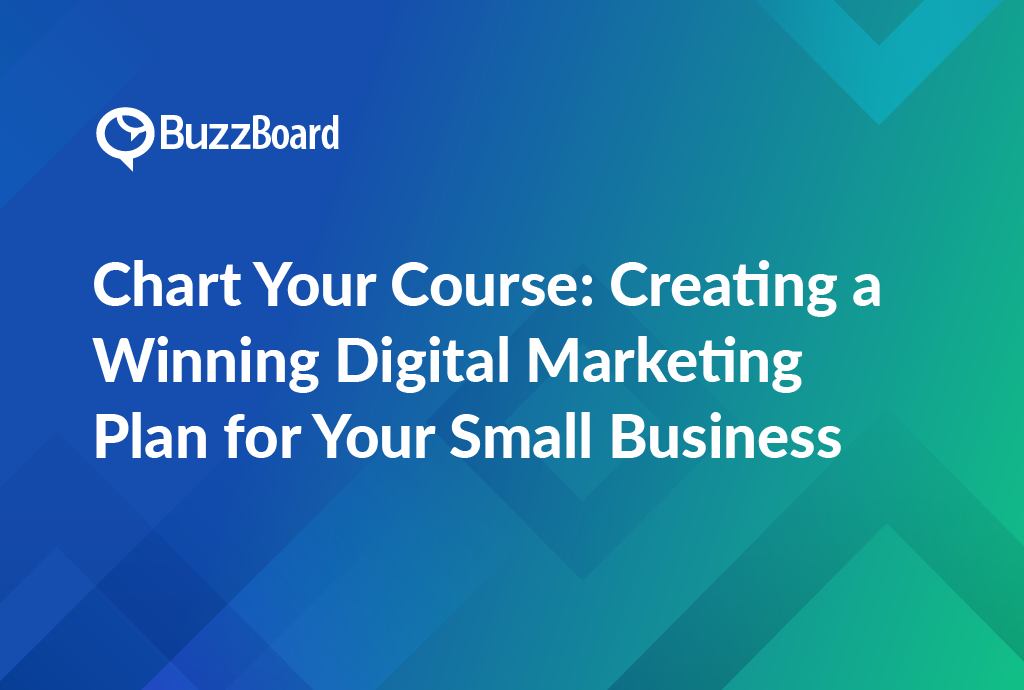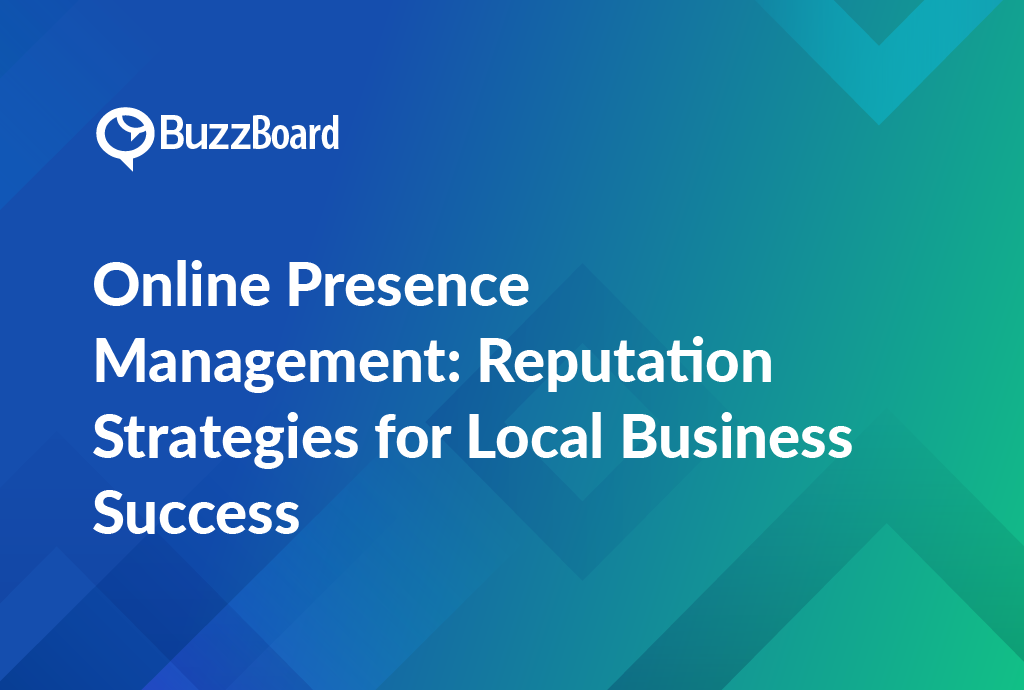What a Digital Marketing Plan Entails for Small Businesses
A digital marketing plan is vital for small businesses in today’s fast-paced, digital-centric landscape. It provides a clear roadmap to reach digital marketing goals and facilitates understanding the online marketing terrain. Key components of this plan include setting digital marketing goals, establishing a marketing funnel, and planning campaigns.
Setting digital marketing goals serves as the groundwork of the plan. Each digital marketing initiative should align with your business objectives. Whether the aim is to drive website traffic, increase sales, or build brand awareness, clearly defined goals simplify the path your digital marketing efforts will take.
Developing a marketing funnel is another fundamental aspect of a digital marketing plan for small businesses. Transforming the customer’s journey into marketing strategies demands an in-depth understanding of the different stages a customer navigating while making a purchasing decision. An efficient funnel enables businesses to guide leads from the awareness stage to the decision-making stage, optimizing every touchpoint for conversion.
The final significant aspect of a small business’s digital marketing plan lies in campaign planning. This focuses on discovering the ideal blend of marketing tactics that will fulfil these goals. Campaigns should be customer-centric and designed to maintain engagement through their journey along the marketing funnel.
In summary, a robust digital marketing plan incorporates setting digital marketing goals, developing a marketing funnel, and planning campaigns, all tailored to suit the unique needs of small businesses. However, it’s important to remember that success stems not just from planning, but effective execution as well.
How to Set Effective Digital Marketing Goals for Your Small Business
Creating effective digital marketing objectives is a pivotal initial step to executing a successful strategy for small-scale businesses. Consider this as a blueprint for deploying your digital marketing targets, custom-made to meet the demands of small and local businesses.
First, identify your business goals. Whether it’s enhancing brand recognition, generating leads, or increasing ROI, spelling out specific objectives effectively molds your digital marketing goal setting.
Next, comprehend your target market. Audience identification is a crucial component of campaign planning for small businesses. Who is your digital marketing strategy aimed at? Understanding your prospective customers, their behaviors, and preferences can assist in shaping significant and efficient marketing objectives.
Moreover, concentrate on developing a robust marketing funnel. This tool is instrumental in mapping out the different stages of your customer’s journey from the discovery phase to conversion.
Having determined your digital marketing objectives, it’s vital to measure success. Opt for metrics that correspond with your business objectives and utilize them to track the progress of your digital marketing strategy. Metrics like web traffic, click-through rates, or lead to conversion rates could be considered, depending on your business goals.
Bear in mind, setting digital marketing objectives is not a one-off task but rather a dynamic process requiring regular revisits and adjustments. Successful digital marketing isn’t merely about augmenting visibility or clicks but devising a strategy that propels you toward attaining broader business objectives.
Understanding and Developing a Marketing Funnel for Small Businesses
Success in digital marketing hinges on a strategic approach, particularly when supporting small businesses. A key element of this approach is a robust digital marketing plan incorporating the fundamental aspect of a marketing funnel.
Creating a marketing funnel is pivotal to this strategy. It outlines the journey prospective clients take from the moment they discover your small business to the point they make a purchase. Each stage of this funnel – from awareness, through consideration to conversion – demands thoughtful planning and implementation to spur customer action.
Establishing clear, quantifiable, and business-relevant goals is an integral part of funnel creation. These objectives steer your campaign and gauge its success.
Besides goal-setting, campaign planning for small businesses should be custom-made to address your specific requirements. It should target the right demographics, offer valuable content, and guide clients down the funnel, leading them to a resolution.
Although crafting a marketing funnel may initially appear intimidating, it is a vital facet of your digital marketing blueprint. A well-organized funnel can enhance conversions, amplify customer retention, and ultimately augment your bottom line. A solid comprehension of these concepts can lend greater predictability and achievement to your marketing endeavors.
Strategies and Steps for Planning a Successful Digital Marketing Campaign for Small Businesses
Digital marketing has proven instrumental in growing small businesses. A well-thought-out digital marketing campaign can boost brand visibility and catalyze sales for small enterprises. Therefore, salespeople who target small and local businesses need to understand the art of crafting successful digital marketing strategies.
Before embarking on a campaign, set solid digital marketing goals. Define the business’s needs and dovetail them with the campaign’s objectives. Whether the aim is to increase brand awareness, boost organic traffic, or enhance conversion rates, ensure you set measurable Key Performance Indicators (KPIs) to track your progress.
Next, focus on developing a robust marketing funnel by building buyer personas, identifying where prospects are in the customers’ journey, and strategizing ways to engage them further down the funnel.
Once you have laid a strong groundwork, delve into the specifics of campaign planning. This includes selecting the right marketing channels, crafting engaging content, and setting a realistic budget. Analyze your competitors and observe market trends for inspiration and to steer clear of potential downfalls.
Finally, implement your plan, and continuously monitor its performance. It’s crucial to identify shortcomings promptly and refine the strategy if necessary.
By incorporating these steps into your digital marketing strategy, you can create an impactful campaign that converts prospects into customers and nurtures brand loyalty.
Importance and Benefits of a Comprehensive Digital Marketing Plan for the Growth of Your Small Business
In today’s digital world, the success of any small business is undeniably tied to the implementation of a comprehensive digital marketing plan. Digital marketing offers an unparalleled range of opportunities. As a salesperson targeting small businesses, understanding the intricacies of a digital marketing plan is crucial to making persuasive pitches.
The creation of a savvy marketing plan relies on aligning your digital marketing goal setting with the growth and aspirations of small businesses. Highlighting how modern digital marketing methods can propel their business towards success is vital. Central to this approach are Specific, Measurable, Achievable, Relevant, and Time-based (SMART) goals. Matching these strategies with their business plans can be a transformative move.
Once your clients comprehend the goals of a digital marketing campaign, introduce the concept of a marketing funnel. A robust marketing funnel is essential for a successful digital marketing plan. Illustrating its different stages, from brand awareness to conversion, can help them understand its significant role in customer acquisition and retention.
Underline the significant role of thorough campaign planning for small businesses. A strategic campaign with clear targets, budget allocation, and performance metrics is more likely to yield positive results. It facilitates automation, tracking, and optimization – key elements for small businesses looking to minimize costs and maximize results.
As digital marketing professionals catering to smaller enterprises, your comprehensive understanding and expert application of these elements can considerably boost their growth. Assisting them to harness the potential of this digital era can redefine their success story.








